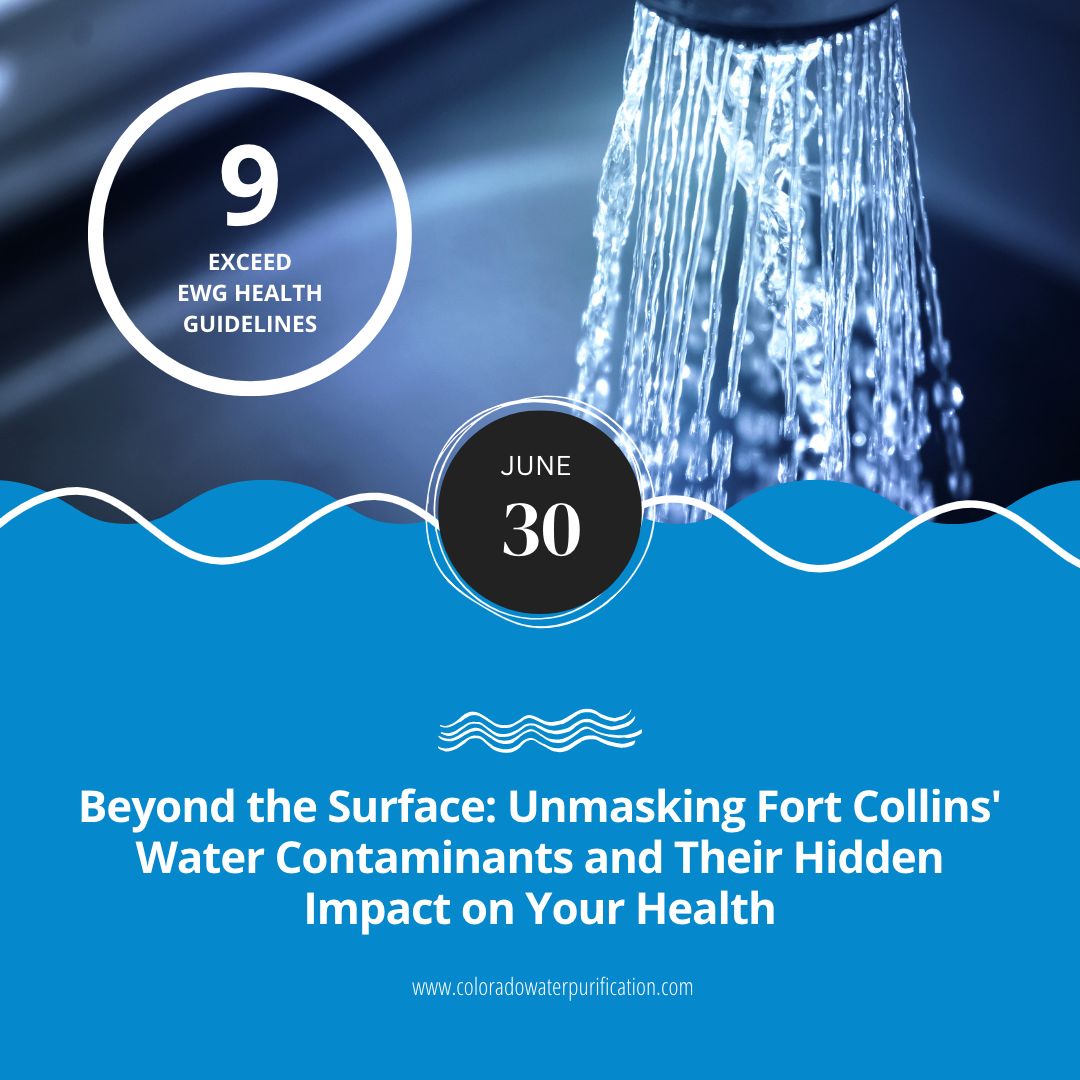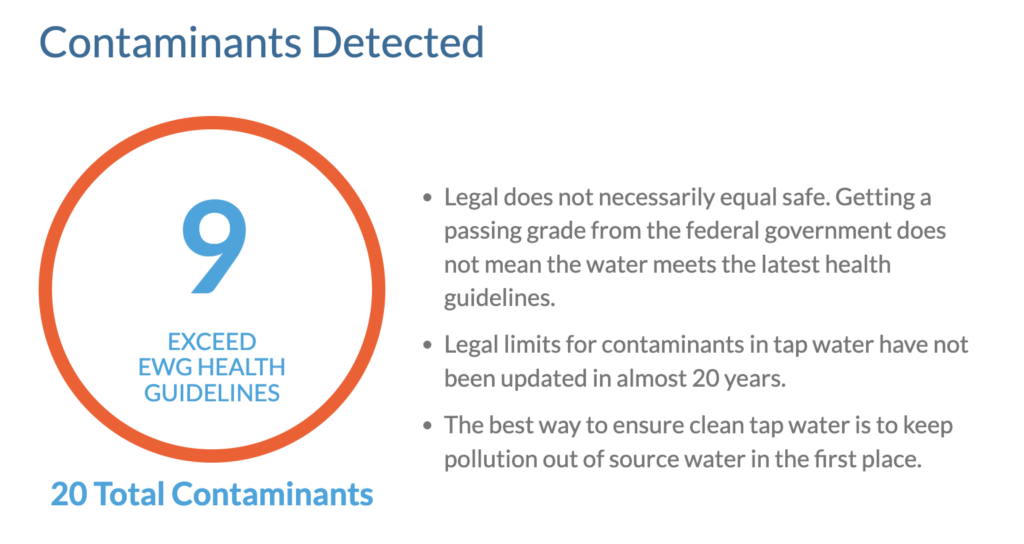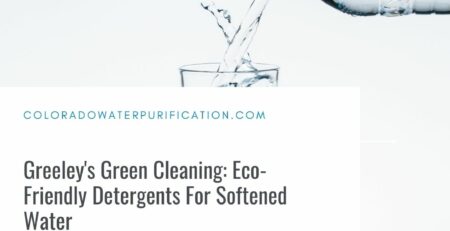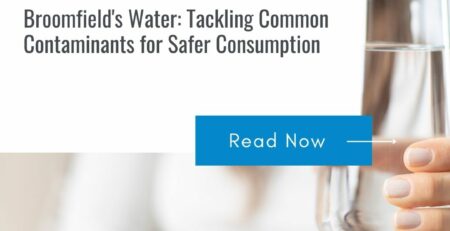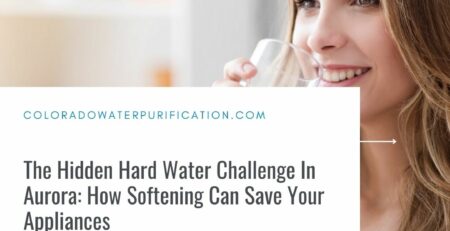Beyond the Surface: Unmasking Fort Collins’ Water Contaminants and Their Hidden Impact on Your Health
Nick2023-06-27T11:04:26-06:00Water is a fundamental resource that sustains life, but what if the water we rely on for our daily needs carries hidden dangers? Recent studies conducted by the Environmental Working Group (EWG) have revealed alarming levels of contaminants in Fort Collins’ water supply. In this blog, we will explore the specific contaminants detected in Fort Collins’ water and their potential impact on your health. Understanding these risks is essential to safeguarding your well-being and taking proactive measures to protect yourself and your loved ones.
Unmasking the Hazards:
Fort Collins’ water supply has been found to contain nine contaminants that surpass the EWG health guidelines. These contaminants include:
Chromium (hexavalent) (Cr(VI)):
This highly toxic form of chromium has been linked to cancer, kidney damage, and reproductive problems.
Haloacetic acids (HAA5): Formed when chlorine reacts with organic matter, these chemicals are known carcinogens associated with liver damage, kidney damage, and reproductive problems.
Total trihalomethanes (TTHMs):
Another group of chemicals formed through chlorine interaction with organic matter, TTHMs are known carcinogens and have been associated with liver damage, kidney damage, and reproductive problems.
Barium (Ba): A heavy metal present in natural water sources, elevated levels of barium can lead to kidney damage, neurological issues, and even death.
Chlorate (ClO3-):
Used in water disinfection, excessive chlorate levels have been linked to respiratory problems, nausea, and vomiting.
Nitrate and nitrite (NO3- and NO2-):
Naturally occurring chemicals in water, high levels of nitrates and nitrites have been associated with methemoglobinemia (blue baby syndrome) in infants.
Selenium (Se):
While selenium is essential for human health in trace amounts, elevated levels can result in neurological problems, fatigue, and hair loss.
Trichloroacetic acid (TCAA):
Formed when chlorine reacts with organic matter, TCAA is a colorless, odorless solid known to be a carcinogen associated with liver damage, kidney damage, and reproductive problems.
The primary concern lies with the contaminants classified as known carcinogens, including chromium (hexavalent), HAA5, TTHMs, barium, chlorate, and TCAA. These substances pose a significant health risk, particularly for vulnerable populations such as children and pregnant women.
Balancing Legal Limits and Health Guidelines:
While the Environmental Protection Agency (EPA) has established legal limits for these contaminants, it’s important to note that the EWG health guidelines are considered to be more protective of public health. These guidelines are based on the latest scientific research and provide a higher standard of safety. Considering the potential risks associated with these contaminants, it is advisable to prioritize the health guidelines when evaluating the safety of Fort Collins’ tap water.
Protecting Your Well-being:
If you are concerned about the quality of your tap water, it’s crucial to seek expert advice. Consult your healthcare provider or a water quality specialist who can offer personalized guidance based on your specific circumstances. Additionally, investing in a reliable water filtration system can help remove contaminants, ensuring the safety of your drinking water. Choose a filtration system that effectively targets the identified contaminants to provide maximum protection for you and your family.
The presence of contaminants exceeding health guidelines in Fort Collins’ water supply demands attention and action. By understanding the specific contaminants and their potential health risks, you can make informed decisions to protect your well-being. Stay informed, seek professional advice, and consider implementing effective water filtration methods to ensure the safety of Fort Collins’ tap water. Your health and the well-being of your loved ones deserve the utmost care and protection.

